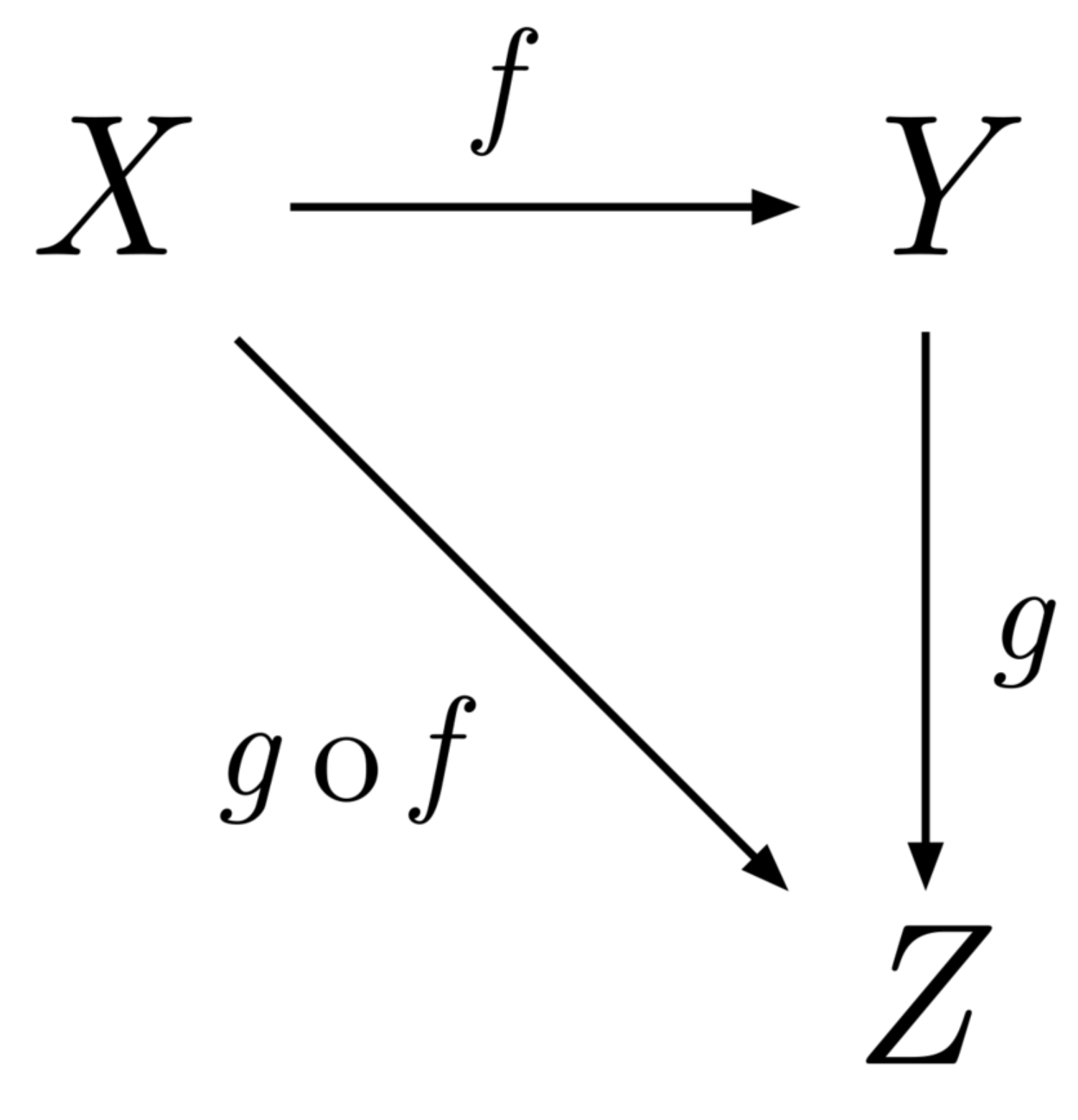Some of us have a background in functional programming and are now moving into a TypeScript environment.
If you are part of this group, you might be wondering how much FP is possible in TypeScript.
Bad news first: not as much as you might like. However, some things will work. We’ll take a look at function abstraction and currying for compose.
Simple function abstraction
Some anomynous functions can be extracted very simple:
// query dto from api and transform into ui-model
class ApiService {
public query(filter = ''): Promise<UiModel | null> {
return fetch(`${url}?filter=${filter}`).then(mapIntoUiModel).catch(() => null);
}
}
function mapIntoUiModel(response: ResponseData): UiModel {
return // magic here
}
Also Array transform functions can extract abstract to utils:
export function extractValuesByKey<T, K extends keyof T>(key: K): (item: T) => T[K] {
return (item) => item[key];
}
// usage: list.map(extractValuesByKey('prop'))
Nothing complicated here, right?
currying for compose
But there is more. In FP it’s sometimes a good practices to build new functions by composing. Compose is based on a simple law:

In Typescript it would look like this:
type ComposeFn = <A, B, C>(
f: (a: A) => B
) => (g: (b: B) => C) => (a: A) => C;
// g o f => g(f(arg))
export const compose: ComposeFn = <A, B, C>(f: (a: A) => B) => (g: (b: B) => C) => (arg: A) => g(f(arg));
Let’s look at a small example now:
// sort items
function sortFn(items: Model[]): Model[] {
return items.sort();
}
// filter items
function filterFn(fn: (item: Model) => boolean): (items: Model[]) => Model[] {
return (items) => items.filter(fn);
}
const filter = filterFn((item) => item.name.startsWith('A'));
// items -> sort -> filter
const filterAndSort = compose(filter)(sortFn);
const items: Model[];
const finalData = filterAndSort(items);
That Functions return functions can also be useful for other use cases, in this example with Cypress:
function baseApiFn(baseUrl: string): (path: string) => string {
return (path) => `${baseUrl}${path}`;
}
describe('mySuite', () => {
const baseUrlFn = baseApiFn(Cypress.config().baseUrl);
it('should ...', () => {
const userApi = baseUrlFn('/user');
cy.intercept(userApi).as('user');
// do something
cy.wait('@user');
});
it('should ... something other', () => {
const authApi = baseUrlFn('/token');
cy.intercept(authApi).as('login');
// do something
cy.wait('@login');
});
});
We built a function baseApiFn to manage a preloaded baseUrl value and evaluate the final result on demand.
In a more advanced variant of this we additionally replace path variable:
type ParameterBaseUrlFn = (
subPath?: string
) => (parameters?: Record<string, string>) => string;
function baseApiFn(baseUrl: string): (path: string) => string {
return (path) => `${baseUrl}${path}`;
}
export function baseUrlFnWithPathVariables(
baseUrl: string
): ParameterBaseUrlFn {
const baseFn = baseApiFn(baseUrl);
return (subPath) => parameters =>
Object.entries(parameters ?? {}).reduce((url, [key, value]) => {
return url.replace(`{${key}}`, value);
}, baseFn(subPath));
}
This is how you can use currying for compose in TypeScript.
About the author: Nils Heinemann
Nils has more than five years of experience in software development and architecture. He specializes in frontend development with Angular and TypeScript. Nils joined MaibornWolff in 2018.